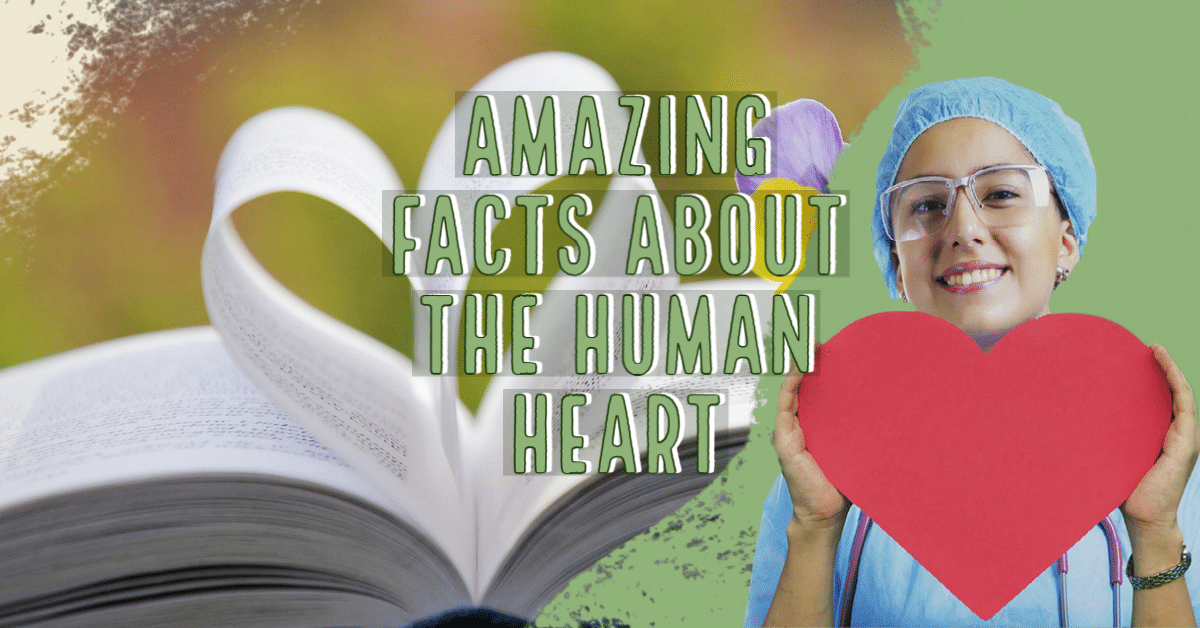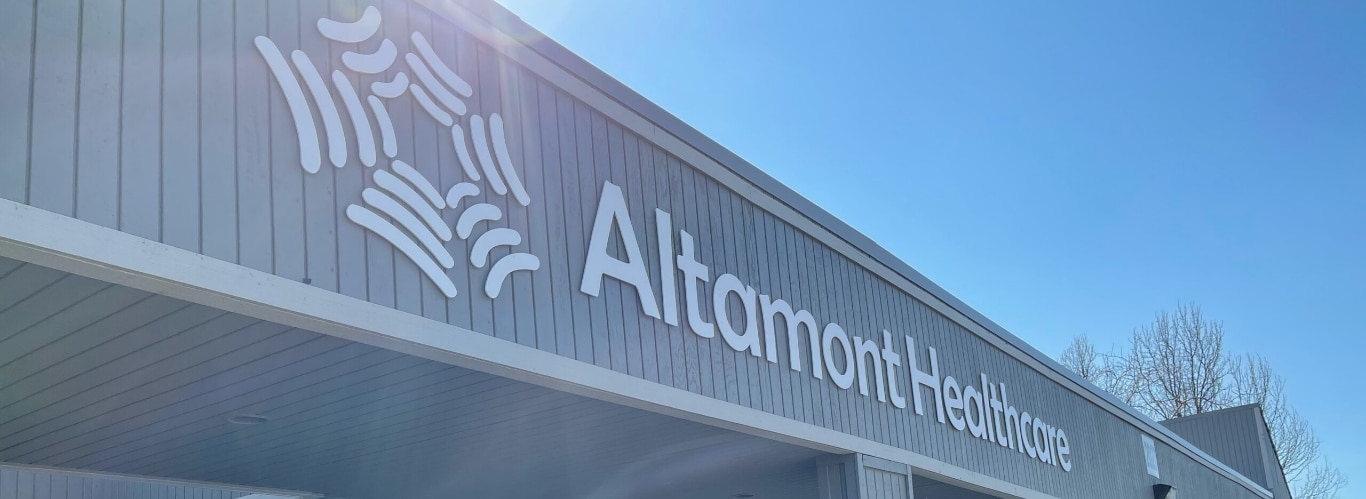Amazing Facts About the Human Heart
The human heart has hidden treasures,
In secret kept, in silence sealed;—
The thoughts, the hopes, the dreams, the pleasures,
Whose charms were broken if revealed.
–“Evening Solace” by Charlotte Bronte
Of all the organs making up the human anatomy, the heart is the most romanticized by poets, writers, and even by persons who are less enthusiastic in the affairs of the heart. Its iconic shape is universally recognized as a symbol of love and affection. It takes the spotlight every Valentine’s Day celebration. The heart shape has become the season’s recurring theme, displaying its full glory in every corner of the planet.
So how and why, of the human organs, did the heart reach such a level of fame and reverence?
Anatomy of the Human Heart
The heart, approximately about the size of two fists clasped together, is an essential and powerful muscular organ that continuously pumps blood throughout the body, supplying oxygen and nutrients to tissues and cells to keep the body working properly. It is made up of four separate blood-filled chambers that work in a perfectly coordinated fashion. The upper chambers called the atria, receive blood returning from the body and lungs, while the ventricles or the lower chambers discharge blood back to the body and lungs.
To keep the blood moving in the right direction, the heart has four special valves that control the flow of blood in and out of the chambers. The two valves, mitral and tricuspid, allow the flow of blood from the atria to the ventricles. The other two, aortic and pulmonary valves, control the flow of blood as it leaves the heart. These valves are designed to keep blood moving forward and not from leaking back to the chambers.
12 Amazing Facts About the Human Heart
- The heart beats around 100,000 times a day or about 3 billion beats over an average lifetime
- When at rest and in normal condition, the heart beats 60 to 100 times per minute in adults
- A newborn heart beats faster than an adult at 70 to 190 beats per minute
- A woman’s heartbeat is faster than a man’s by almost 8 beats per minute
- The beating sound of the heart is caused by the opening and closing of the four valves of the heart
- Because of the heart’s own electrical system, the heart can continue beating when separated from the body as long as it has supply of oxygen
- Each minute the heart pumps 1.5 gallons of blood or 2,000 gallons each day throughout the body
- The heart pumps blood that travels through 60,000 miles of blood vessels
- The heart weighs less than 1 pound but about 2 ounces heavier in men than women’s
- It is very rare to get heart cancer because cells and tissues of the heart are difficult to regrow and regenerate
- The risk of heart attack peaks on Christmas eve
- Heart disease is the number 1 cause of death and disability worldwide
The human heart is truly an amazing organ. It deserves all the love and affection each one of us has to give.
EKG and the Human Heart
EKGs (Electrocardiograms) transcribe the electrical signals from the human heart into something we can see. It helps diagnose a lot of common heart problems and defects. The procedure is painless and no special preparation is required for a standard electrocardiogram. A cardiologist reviews the data recorded by the EKG machine and identifies any problems with your heart. Through EKG, heart rhythm irregularities are detected and any other unusual activity will also be identified. Consequently, EKG can also show evidence of a previous heart attack or even detect one early. This procedure can usually be done in a hospital or doctor’s clinic by a nurse or technician.
Those responsible for performing cardiovascular tests on patients are the EKG technicians who gained specialized knowledge and skills from a program. EKG technicians maintain and practice high hospital safety standards and are of compassion and caring nature. They usually work alongside doctors and nurses to ensure the safety and comfort of patients. They collect cardiovascular data for analysis by doctors, so it is important that they possess high attention to detail and a high level of competence, along with good communication and people skills.
Interested to learn more about the EKG Tech Program? Altamont Healthcare is offering this program and our EKG tech program is recognized by the National Center for Competency Testing and course-accredited through NCCA. Contact us today to register for your EKG certification training program.
If you’d like to learn more about careers in healthcare and course offerings, contact Altamont Healthcare in Stockton and Bakersfield, CA.
We offer certification programs in CPR and Basic Life Support, Electrocardiogram Technology (EKG), Endoscopy Reprocessing Technician (ERT), Sterile Processing and Distribution (SPD), and Surgical Technology.
Call us at (209) 817-8035 (Stockton) or (661) 230-6316 (Bakersfield) to ask about our programs. Tuition discounts are available for certain payment options. Customized payment schedules are available upon request.


